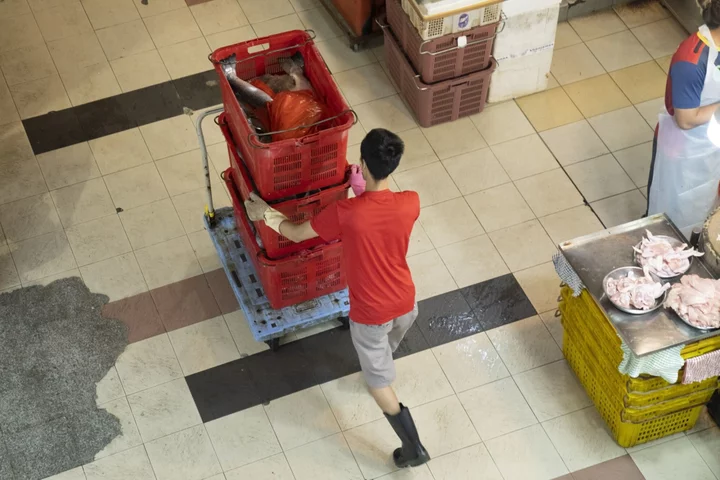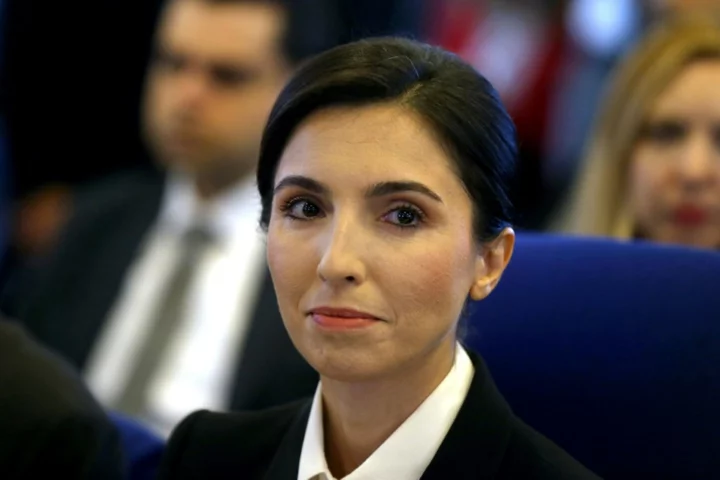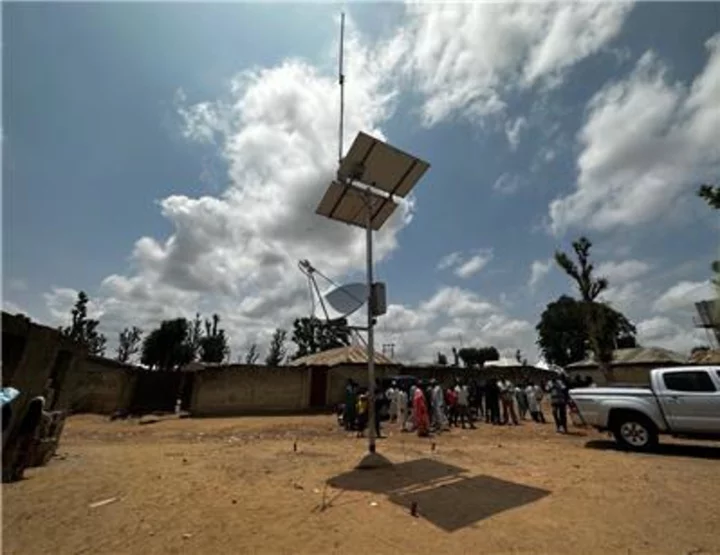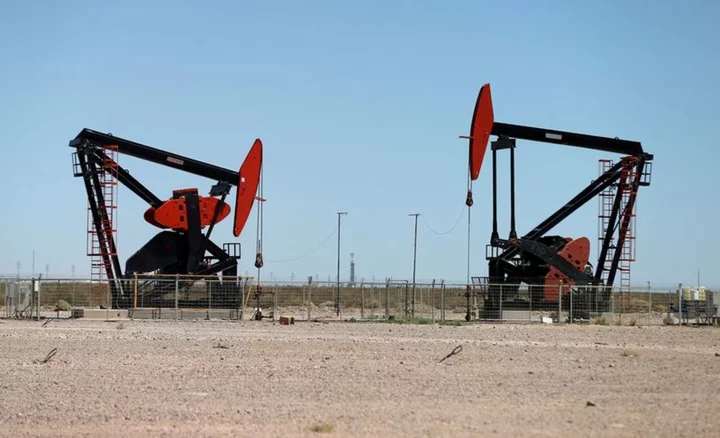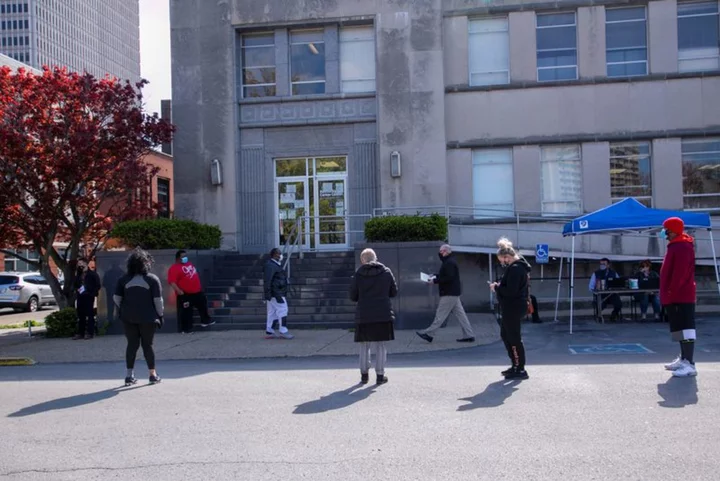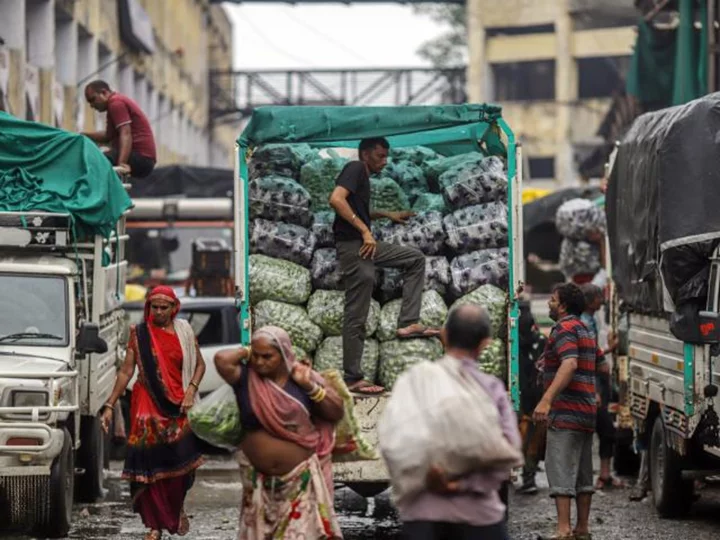While inflation has clearly peaked in Singapore and growth prospects have dimmed, authorities aren’t shifting to pro-growth mode just yet as the battle against persistent price pressures isn’t over, the head of the central bank said.
At the same time, global economic expansion is seen slowing through the end of 2023 as China’s recovery loses steam and monetary policy tightening holds back activity amid a very uncertain landscape. That’s the conclusion from the Monetary Authority of Singapore in its 2022-23 annual report released Wednesday.
“A material slowdown in global economic activity in the latter part of the year looks likely,” MAS Managing Director Ravi Menon said at a briefing to coincide with the release of the report. The MAS sees global inflation moderating while core prices remain sticky on robust services demand and imbalances in labor markets.
Even as prices have cooled in Singapore after a “proactive and progressive” tightening of monetary policy, the MAS isn’t shifting to “growth-supporting mode,” according to Menon. “The fight against inflation is not over and the monetary policy stance remains tight relative to the business cycle,” the MAS chief said.
The MAS sees core inflation averaging 2.5%-3% this year while all-items price growth should come in at 4.5%-5.5%, lower than a previous forecast of 5.5%-6.5%, Menon said.
“Wealth inflows into Singapore have little effect on the exchange rate, domestic inflation, property prices or car prices,” the central bank chief said. Inflation expectations globally and in Singapore are “reasonably well anchored,” he said.
While the global financial system will continue to be tested in the wake of high-profile bank failures earlier this year, for its part, Singapore’s officials say its domestic system “remains sound and resilient” with sufficient buffers.
China’s “strong post-reopening rebound” in the first quarter will ease over the next few quarters, the MAS projects. Consumer services that have been the driver of the world’s No. 2 economy are unlikely to offset weaker orders from advanced nations, according to the report.
While risks and uncertainty in the global economy have increased, the MAS maintained its forecast for Singapore’s growth this year in a range of 0.5%-2.5%, after posting a 3.6% expansion in 2022. Policymakers cited the electronics industry malaise and banking stresses abroad as two factors particularly weighing on the city-state’s economy.
The central bank, in the report, said its current monetary policy stance remains appropriate, coming after a policy hold in April that followed five consecutive tightenings — moves that “are still filtering through to the economy and will dampen inflation further.”
--With assistance from Natalie Choy, Low De Wei, Selina Xu, Chanyaporn Chanjaroen, Aradhana Aravindan and Joyce Koh.

